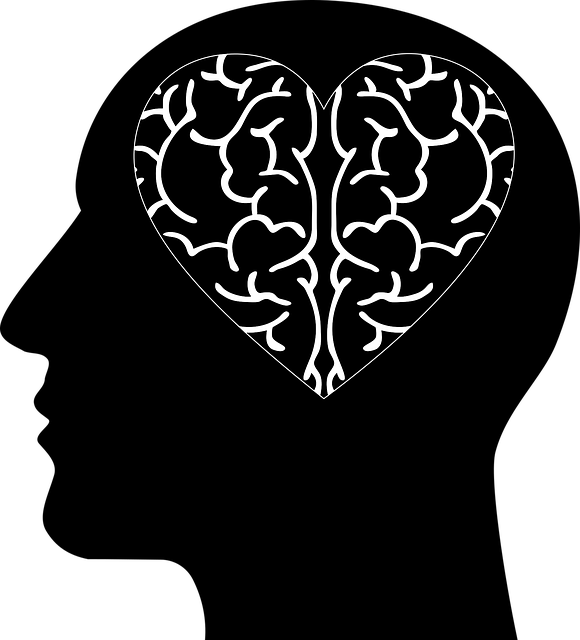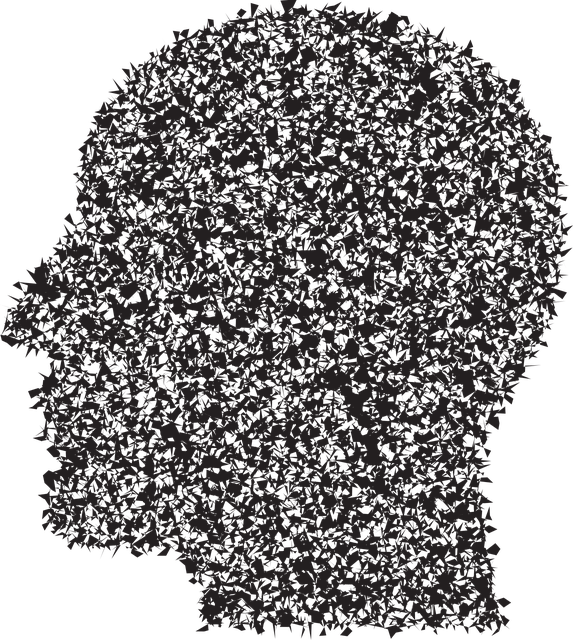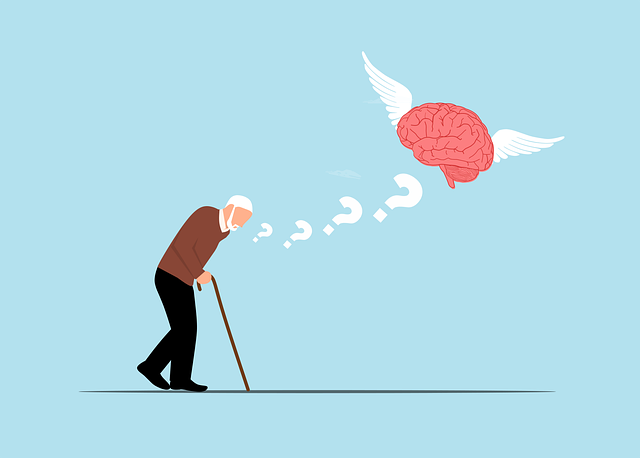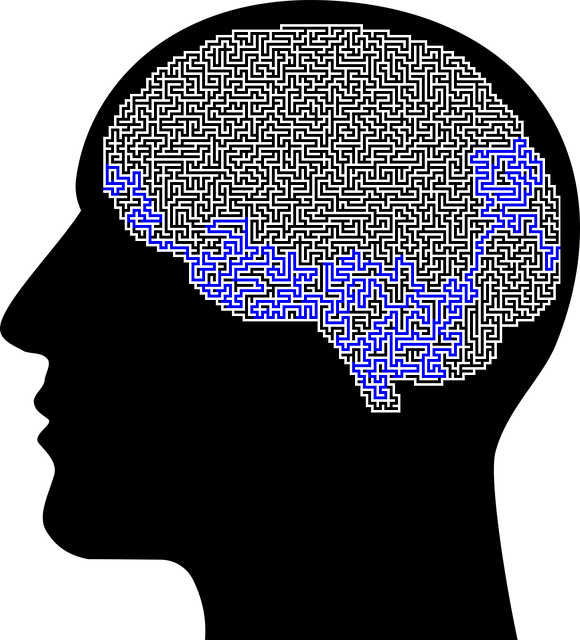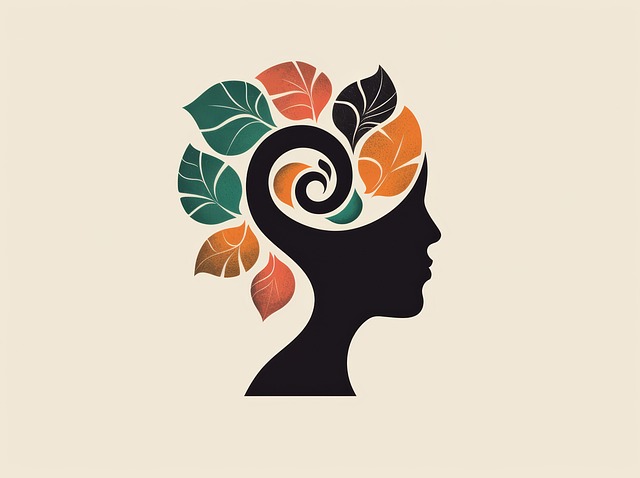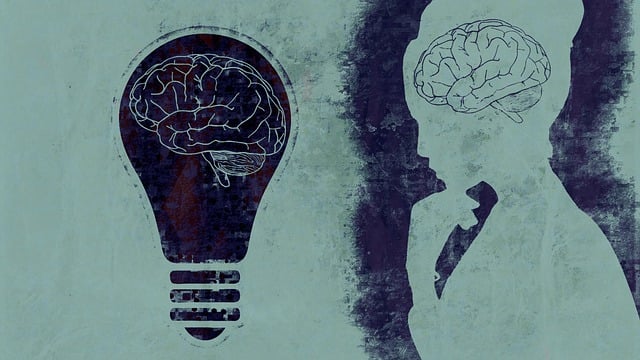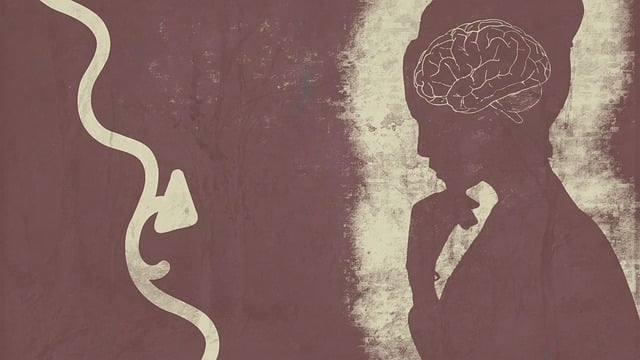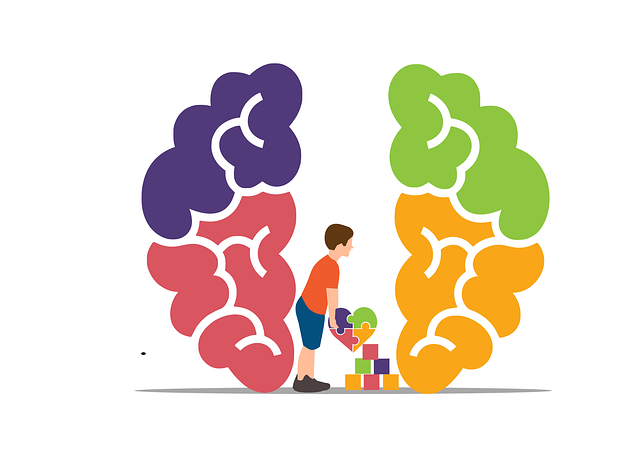In today's diverse healthcare landscape, Aurora EMDR Certified Therapy stands out as a powerful tool for enhancing cultural awareness. This therapy combines evidence-based practices like EMDR with respect for cultural differences, facilitating emotional healing and preserving identities. Through specialized techniques, it addresses biases, improves patient care, and fosters inclusivity. Interactive training sessions, including role-playing and case studies, help healthcare providers develop nuanced, empathetic approaches. Measuring success involves improved patient satisfaction, conflict resolution skills, and staff well-being, ultimately benefiting both patients and providers.
In today’s diverse healthcare landscape, cultural competency is no longer an option but a necessity. Understanding and respecting patients’ cultural backgrounds and beliefs is crucial for effective treatment and improved health outcomes. This article explores strategies to enhance cultural awareness, focusing on the role of Aurora EMDR Certified Therapy in bridging cultural gaps. We delve into identifying biases, implementing interactive learning, and measuring the success of cultural competency programs, ultimately aiming to revolutionize healthcare delivery.
- Understanding Cultural Competency in Healthcare: A Necessity for Modern Practice
- The Role of Aurora EMDR Certified Therapy in Enhancing Cultural Awareness
- Identifying and Overcoming Biases: A Critical Component of Training
- Interactive Learning Strategies for Engaging Medical Professionals
- Measuring Success: Evaluating the Impact of Cultural Competency Programs
Understanding Cultural Competency in Healthcare: A Necessity for Modern Practice

In today’s diverse healthcare landscape, cultural competency is no longer an optional skill for providers; it’s a necessity. This concept involves understanding and appreciating the cultural differences that shape patients’ lives, enabling healthcare professionals to deliver more personalized and effective care. With communities becoming increasingly multicultural, healthcare providers must be equipped to navigate complex issues arising from cultural disparities in health beliefs, communication styles, and access to resources.
For instance, an Aurora EMDR Certified Therapy approach can play a pivotal role in fostering cultural competency. By integrating evidence-based practices like Eye Movement Desensitization and Reprocessing (EMDR), therapists can facilitate emotional regulation and inner strength development among patients from various cultural backgrounds. Public Awareness Campaigns Development can further enhance this process by educating both healthcare providers and the public about cultural sensitivity, thereby reducing barriers to quality healthcare and promoting better health outcomes for all.
The Role of Aurora EMDR Certified Therapy in Enhancing Cultural Awareness

Aurora EMDR Certified Therapy plays a pivotal role in fostering cultural awareness among healthcare providers. This therapeutic approach leverages Eye Movement Desensitization and Reprocessing (EMDR) techniques to help individuals process traumatic memories and emotions, thereby enhancing emotional regulation. By addressing past experiences that may be culturally significant, therapists enable patients to heal from deep-seated issues while maintaining their cultural identities.
In the context of mental health policy analysis and advocacy, Aurora EMDR Certified Therapy contributes to a more inclusive healthcare system. It equips providers with skills to understand and respect diverse cultural perspectives, which is crucial in preventing depression among communities that face unique challenges. This approach ensures that mental health services are sensitive to the needs and beliefs of all patients, promoting better outcomes and stronger relationships within diverse populations.
Identifying and Overcoming Biases: A Critical Component of Training

Identifying and overcoming biases is a critical component of healthcare provider cultural competency training. Biases, often unconscious, can significantly impact patient care and treatment outcomes. These biases may stem from personal experiences, societal influences, or stereotypes about different cultural groups. For instance, an Aurora EMDR Certified Therapy professional might unconsciously associate certain behaviors or mannerisms with specific ethnic backgrounds, leading to misjudgments. Effective training programs help providers recognize these biases, fostering a more nuanced and empathetic approach.
Through interactive workshops and reflective exercises, mental health professionals can enhance their cultural sensitivity. Risk Management Planning for Mental Health Professionals plays a crucial role in identifying potential biases and implementing strategies to mitigate them. Confidence Boosting techniques, combined with Compassion Cultivation Practices, empower healthcare providers to engage patients from diverse backgrounds with open minds and genuine care. This holistic approach ensures that every patient receives the highest quality of service, regardless of their cultural identity.
Interactive Learning Strategies for Engaging Medical Professionals

Interactive learning strategies are a powerful tool to enhance healthcare provider training, especially when addressing cultural competency. Engaging medical professionals through interactive sessions can significantly improve knowledge retention and foster a deeper understanding of diverse patient populations. For instance, role-playing scenarios allow practitioners to practice culturally sensitive communication, enabling them to navigate complex interactions with patients from different backgrounds.
By incorporating techniques like group discussions, case studies, and even virtual reality simulations, training programs can offer hands-on experiences that mirror real-world challenges. These methods not only make learning enjoyable but also encourage critical thinking and problem-solving skills. For Aurora EMDR Certified Therapists or medical professionals focused on Self-Esteem Improvement, Resilience Building, and Emotional Well-being Promotion Techniques, interactive training sessions provide an ideal platform to refine their cultural sensitivity, ultimately benefiting patient care and outcomes.
Measuring Success: Evaluating the Impact of Cultural Competency Programs

Measuring success in healthcare provider cultural competency training is a multifaceted process that goes beyond mere participation. Effective programs should lead to tangible improvements in patient care, staff interactions, and overall organizational culture. One key metric is patient satisfaction scores, which can provide insights into how well healthcare providers are able to connect with diverse patient populations. An increase in positive feedback from patients of different backgrounds indicates successful cultural competency training.
Additionally, tracking the implementation of conflict resolution techniques learned through such programs can offer a practical measure of impact. As emotional regulation becomes more honed among staff, conflict situations should be handled with greater finesse and fewer escalations. Encouraging self-care routine development for better mental health is also crucial; reduced burnout rates and improved employee well-being demonstrate the positive effects of cultural competency training, fostering an environment that benefits both patients and providers alike, including those utilizing Aurora EMDR Certified Therapy as a tool for emotional healing.
Healthcare provider cultural competency training, encompassing topics like understanding cultural nuances, overcoming biases, and adopting interactive learning strategies, is no longer a choice but an imperative in modern healthcare. Programs that effectively integrate these elements, such as those enhanced by Aurora EMDR Certified Therapy, demonstrate significant improvements in patient care and outcomes. By measuring success through comprehensive evaluation, we can ensure that these training initiatives are fostering genuine cultural awareness and sensitivity among medical professionals. This evolution in healthcare education is a vital step towards creating inclusive, compassionate, and equitable treatment environments for all patients.
